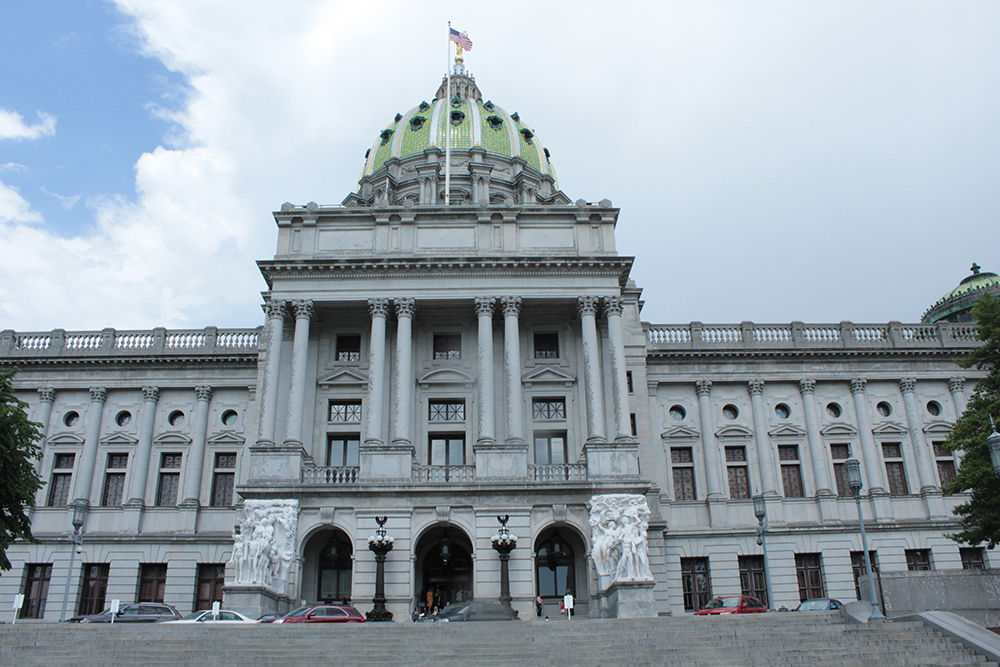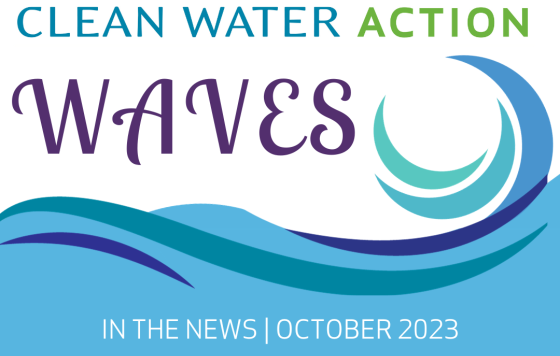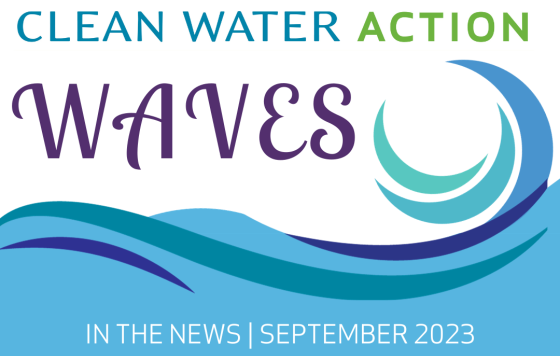
There’s only one way to describe the recent revenue package (HB 118 & 542) that passed the Pennsylvania State Senate and is supported by Governor Wolf, which trades off enacting one the nation’s weakest severance taxes on natural gas drilling for inclusion of the most damaging set of environmental provisions we’ve seen in a long time, a raw deal. Is this situation giving you a feeling of déjà vu? It’s probably because our state legislature has made sticking anti-environmental provisions into bills meant to deal exclusively with the state budget an annual tradition because they know these policies could never stand up on their own merit.
This year’s code bills are filled riders that would eviscerate the Pennsylvania Department of Environmental Protection’s (DEP) ability to protect our air, water, and health. (Pennsylvanians can take action here to defeat these riders.)
The Tax Code bill (HB 542) includes a rider creating a special committee that must approve any air quality permits meant to regulate emissions from oil and gas operations. The new 7-member Air Quality Permit Advisory Committee includes 6 members appointed by the Senate and House and one member by the Governor. This is the first time in history a legislatively-dominate body has veto authority over any environmental regulation or permit. It’s absolutely clear that the intent here is to create a new hurdle for the approval of the Governor’s proposal to control methane emissions from new sources through revisions to the GP5 and GP5A permits.
Another rider to HB 542 creates a private bureaucracy of third-party reviewers and allows a permit applicant to pick the reviewer they want. These third-parties are accountable to no one, according to the language in the bill. There are no conflict of interest provisions that would prevent a consultant from reviewing his own application. There are no provisions dealing with public participation. There are no deadlines for permit review actions by the third-parties and no provision requiring them to follow procedures, many times hammered out with federal agencies, to assure permit review integrity.
The Administrative Code Bill (HB 118) contains anti-environmental measures that target protections for our waterways. One rider allows conventional oil and gas wastewater facilities to continue accepting and discharging gas drilling wastewater into our rivers and streams under long expired permits which have minimal treatment requirements. These plants are under an EPA consent agreement and order to go through a DEP permit renewal process to ensure strict treatment is installed. Conventional oil and gas operators report that over 100 million gallons of drilling wastewater is discharged to rivers annually in Pennsylvania.
Another rider to HB 118 greatly restricts DEP’s ability to implement a water quality standard for manganese, a toxic metal, by eliminating the requirement in place for 28 years that the water quality standard be met when water is discharged and replacing it with a requirement that the standard be met at the point water is taken out for use as drinking water. If there is no water supply downstream, there effectively is no point of compliance for manganese discharged from mining operations, according to the way the bill language is drafted. This new approach also ignores the potential impact on fish and aquatic life in between the points.
You don’t need to just take my word on how devastating these proposals are. Former DEP Secretary Dave Hess, who served under two Republican governors, said, “This proposal is so far away from the norm that it is almost incomprehensible and, I think, irresponsible...It’s just something that was put together fairly quickly with no thought whatsoever for how you run a permit program. “
Enacting a severance tax that asks the oil and gas industry to pair their fair share is overdue. But we can’t be so desperate to finally enact one that we sacrifice our ability to ensure our state constitutional right to clean air and water in order to get it. Take this opportunity to tell the governor and your legislators that this is a raw deal for Pennsylvanians and that they need to oppose final passage of a revenue package that still includes these anti-environmental riders.



